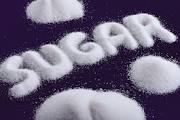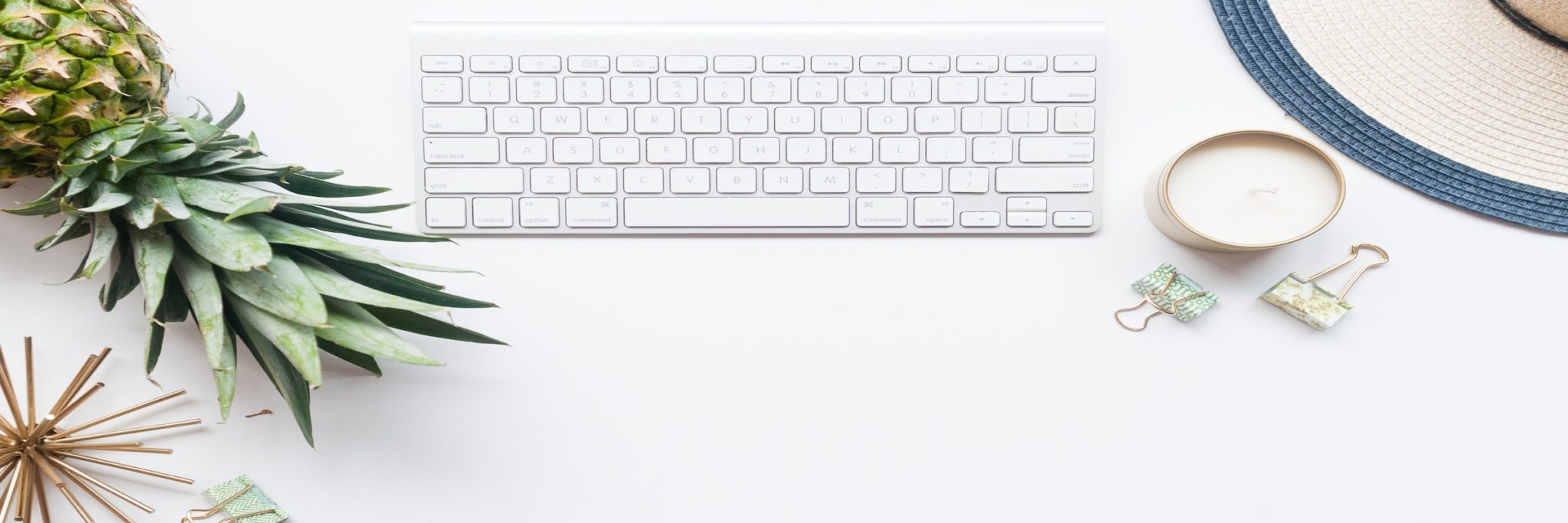“Sugar is the new tobacco.” —Cynthia Kenyon, molecular biologist specializing in research on aging.
Sugar, for many, is mood-changing and addictive—even a small taste leads to cravings for more. Sugar’s comparison to tobacco, however, extends beyond addiction. Research published in 2015 found that sugar breaks down collagen in the skin and is as damaging to skin’s appearance as smoking. Sugar causes your skin to age.
Sugar and smoking share other similarities. They are both deadly. According to BeatCancer.org, sugar is cancer’s best friend for these 5 reasons:
- Sugar feeds tumors and encourages the spread of cancerous cells.
- Sugar is highly acidic, and cancer thrives in an acidic environment.
- Sugar signals the pancreas to release insulin, and insulin is a powerful cell growth stimulator. This could lead to higher risk of certain cancers—breast tissue, for example, contains insulin receptors.
- Sugar suppresses key immune responses, reducing your body’s ability to fight cancerous cells.
- Sugary products lead to obesity, which is a known risk factor for cancer.
According to the journal Obesity, sugar is a much bigger threat to health beyond raising cancer risk. New studies report sugar causes metabolic diseases, heart disease, and high blood pressure, even when sugar eaters do not gain weight from sugar products.
If you have a sweet tooth—and, really, who doesn’t?—opt for fruits. Chocolate lovers can choose unsweetened, dark chocolate, or carob, which tastes like chocolate, but is naturally sweet without sugar. Avoid sugar substitutes like aspartame and saccharin, which contain potentially harmful chemicals. Stevia is a natural herb that makes an excellent sugar substitute.
Here’s how to eliminate sugar without giving up sweets:
- Freeze orange juice in ice cube trays for delicious, nutritious, refreshing summer treats.
- Grill peaches for a sublime dessert.
- For a yummy fall and winter treat, mix unsweetened cocoa powder in a glass of hot water or warmed almond milk. Add a splash of vanilla extract. If you need more sweetness, add a drop of stevia.
- Sip naturally sweet mint, fruit, or dessert herbal teas. Republic of Tea’s Coconut Cocoa is as rich and satisfying as anything made with sugar.
- Roast naturally sweet vegetables, including corn, yams, sweet potatoes, and winter squash, and use as side dishes and, if you’re an in-between-meals-snacker, snacks. I don’t advocate snacking, but that’s a whole other topic.
- Use fruit—either pureed, fresh, whole fruits or juice— for baking. Choose fruits that complement the flavors of the other ingredients.
- Substitute crushed pineapple (1:1 ratio) or 2/3-cup apple juice for a cup of sugar in carrot cake.
- Substitute applesauce for sugar (1:1 ratio) in oatmeal cookie recipes.
- Sweeten brownie batter with pureed dates. Use 2/3-cup of dates for 1 cup of sugar.
- Use extra ripe bananas in your banana bread and skip all other sugars. The riper a banana gets, the sweeter it becomes. So sweet, there’s no need for extra sugar.
- Swap apple juice concentrate for sugar in apple pies (1:1 ratio).
- Be creative with spices. Vanilla beans can a hint of sweetness without the sugar. Dark, unsweetened chocolate, in small quantities, is healthy. Dip the unsweetened dark chocolate in a quarter teaspoon of almond butter. Carob, which is naturally sweet, can be substituted for milk chocolate in recipes.
- If you’re going to snack, snack smarter. Smear a thin layer of almond butter on 3 or 4 Triscuit crackers (or other whole grain cracker) and top each with a dollop of 100% fruit spread. Avoid peanut butter. Peanuts, even when organic, are prone to mold which causes the growth of a toxin—aflatoxin—that is highly carcinogenic.
- Snack on 2 TB of raisins mixed with 2 TB of cashews. Be mindful that nuts and nut butters are both high fat and high calorie, so moderation is essential.
- Sweeten coffee and tea with stevia, a natural herb that does not raise blood sugar and contains 0 calories. Stevia is available in health food stores and in many conventional markets. Not all stevia brands are created equal. For great taste, choose Sweet Leaf or NuNaturals. For a more subtle sweetness in coffee, try fresh ground cinnamon instead of stevia.
- Stevia is far sweeter than sugar, so when substituting, bear in mind that 1 or 2 drops of stevia will be as sweet as a teaspoon of sugar. Add a drop or 2 to your oatmeal and other breakfast cereals.
- Read ingredients. When you opt for packaged foods (which I also do not recommend), choose only items where sugar is the sixth or lower ingredient on the list. It’s always healthier, safer, and less expensive to avoid packaged foods entirely and eat fresh, whole foods. Be mindful that the food industry spends billions of dollars researching the perfect blend of ingredients to create addictive eating. When you buy packaged foods, you buy into the industry of addiction.
- Avoid or strictly limit syrups, such as agave, maple, rice, and molasses. While these syrups contain some healthy minerals and vitamins, they’re high on the glycemic index and can trigger cravings for more sweets.
- Do not substitute artificial or chemical sweeteners for sugar. Aspartame, saccharin, and other chemical sweeteners are reportedly linked to a host of adverse reactions, some serious, including dementia and neurological disorders. Also, artificial sweeteners can trigger sugar cravings and cause overeating, since they don’t signal the brain that the stomach is full.
- Aspartame can cause weight gain through metabolic disease. Stick with natural foods only.




Tremendously useful tips. Thank you so much.